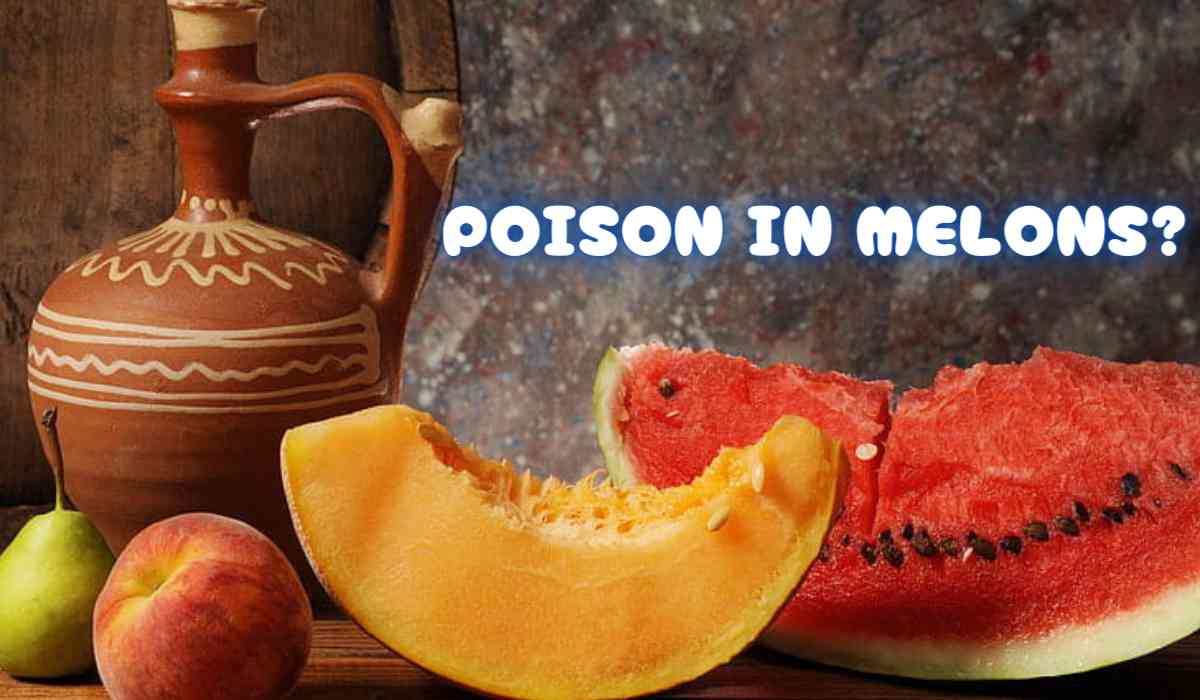Recent buzz on social media has been ablaze with videos alleging that consuming watermelon and muskmelon can lead to food poisoning. But, as with any viral claim, it's crucial to separate fact from fiction.
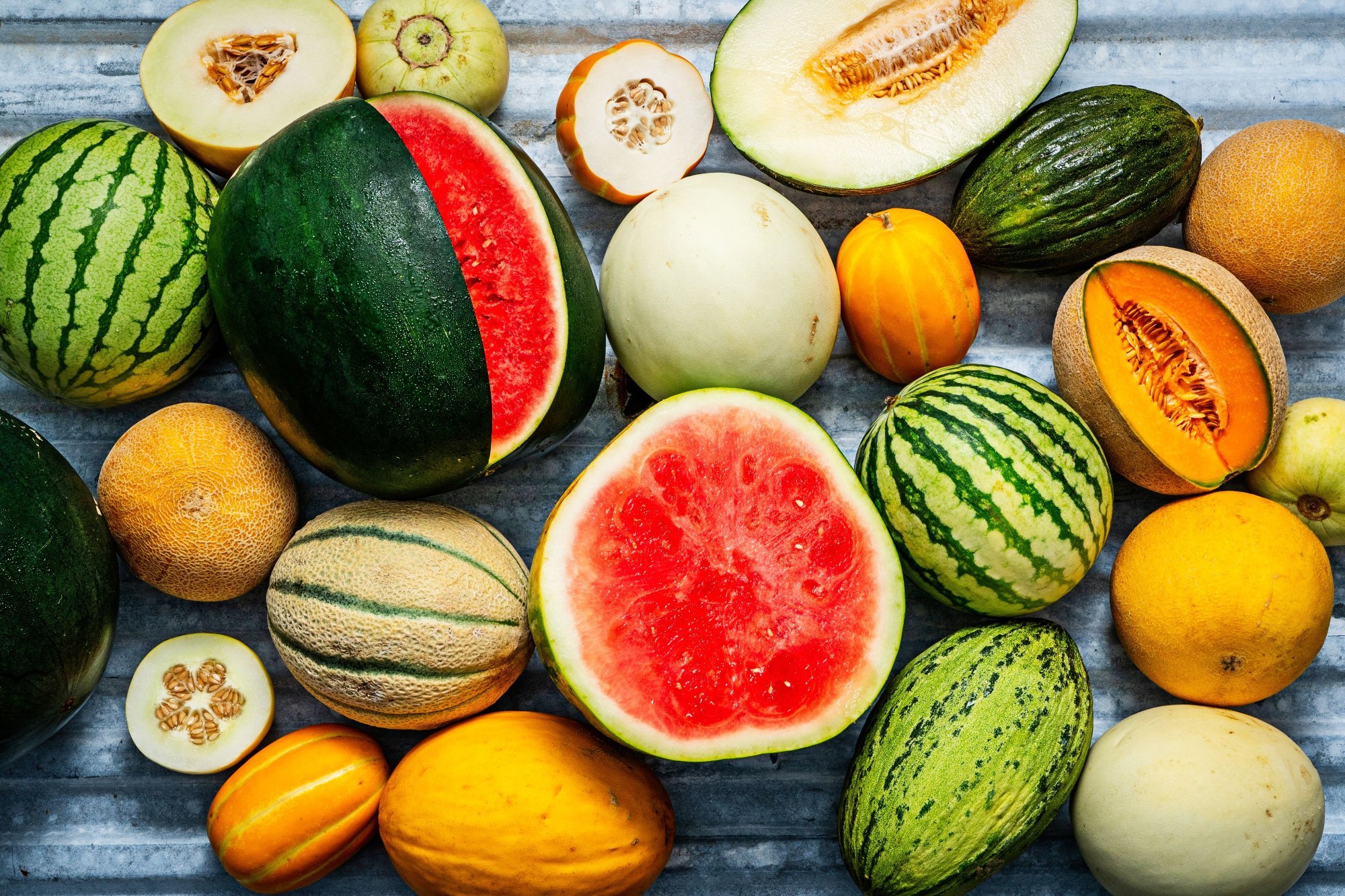
The Case
A 7-minute, 30-second video circulating on X (formerly Twitter) allegedly shows a young watermelon seller injecting artificial color into watermelons, which was exposed by the police. This seller demonstrated injecting chemicals like food coloring and sweeteners using a syringe, adding about 10 mL of these substances per watermelon.
Severely punish the mafia behind this.
This is really scary. pic.twitter.com/K4dSxRrAEa— Vivek (@Vivek_Investor) May 2, 2024
What’s the Truth?
The same video was posted on 'The Social Junction' YouTube page on April 29, 2024. At the 28-second mark, it is clearly stated that it is a social awareness video and all characters are fictional. 'The Social Junction' is known for creating entertaining and social experiment videos. Therefore, the video of the young boy injecting artificial substances into watermelons is staged for awareness purposes.
However, the issue of injecting artificial colors into watermelons does exist in some places to make the fruit look ripe and attractive. It is essential to check for adulteration before consuming fruits.
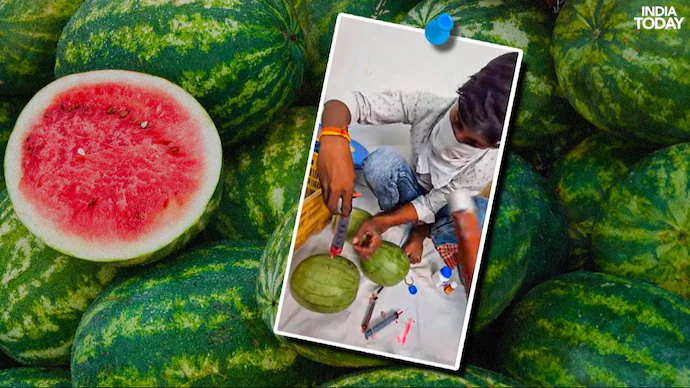
Types of Adulteration in Fruits
-
Injecting Erythrosine
General physician and content creator Dr. Komal Kulkarni explains that food poisoning from these fruits can be due to two main reasons: the use of dyes and sugar syrup to enhance color and taste, and contamination with harmful bacteria from the soil. Health coach Miruna Bashkar also shared her experience of food poisoning from consuming a watermelon containing toxic dyes like Erythrosine, which can cause side effects.
Erythrosine is a pink dye often used in food coloring. The Food Safety and Standards Authority of India (FSSAI) advises cutting the watermelon and using a cotton ball to dab the pulp. If the cotton turns red, the fruit is adulterated.
Check the video here- Testing Watermelon adulteration with Erythrosine Color | FSSAI
Risks of Using Dyes
The use of dyes like Erythrosine in watermelons is illegal in most regulated markets and extremely rare. Naturally, watermelons get their red color from lycopene, a beneficial antioxidant. However, industrial dyes can contain harmful chemicals like lead or methanol, leading to food poisoning, digestive issues, and potential long-term health risks like cancer. A 2019 study on the effects of erythrosine on zebrafish embryo development highlighted the potential for altering childhood behavior and thyroid function.
-
Carbide for Quick Ripening
Marketers often use carbide to ripen fruits quickly, including watermelons, mangoes, and bananas. This substance appears as a white powder on the fruit's surface. If you notice this, thoroughly clean the fruit before consumption.
Side Effects of Consuming Carbides
Carbide is highly toxic and can cause headaches, skin rashes, and lung damage. It affects the nervous system, potentially leading to delirium, seizures, and coma.
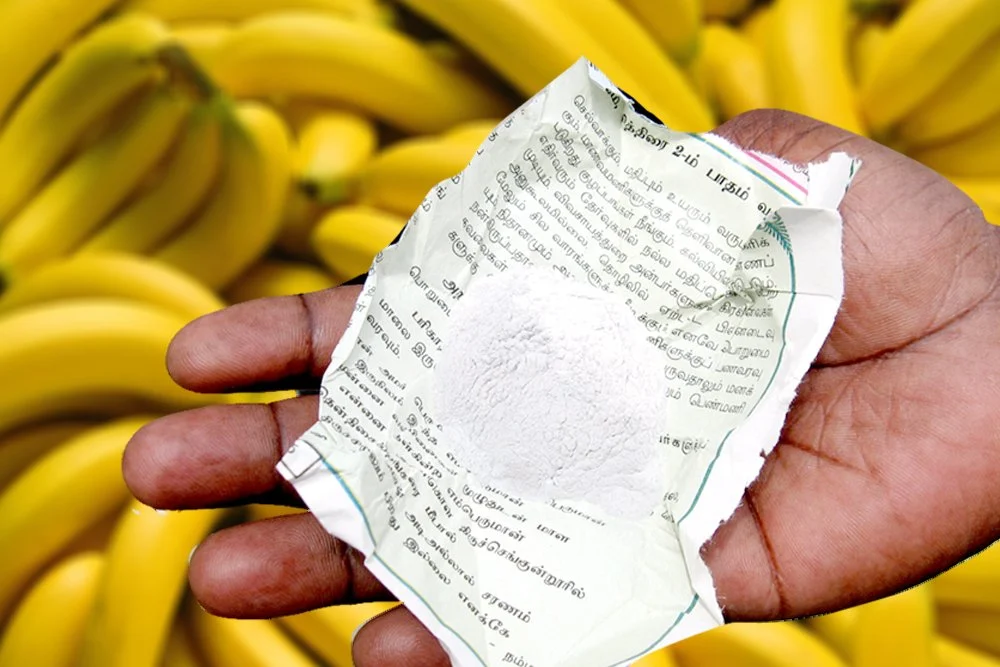
-
Soil Contamination
Watermelons and muskmelons grow close to the ground, making them susceptible to bacterial contamination from the soil. These bacteria can transfer to the flesh during handling and cutting. Common bacteria include:
- Salmonella: Causes fever, diarrhea, vomiting, and cramps.
- E. coli: Similar symptoms to Salmonella but with potential severe complications like kidney failure.
- Listeria: Particularly dangerous for pregnant women, causing miscarriage, stillbirth, or serious newborn infections. Proper storage and handling are crucial to minimize bacterial growth and illness.
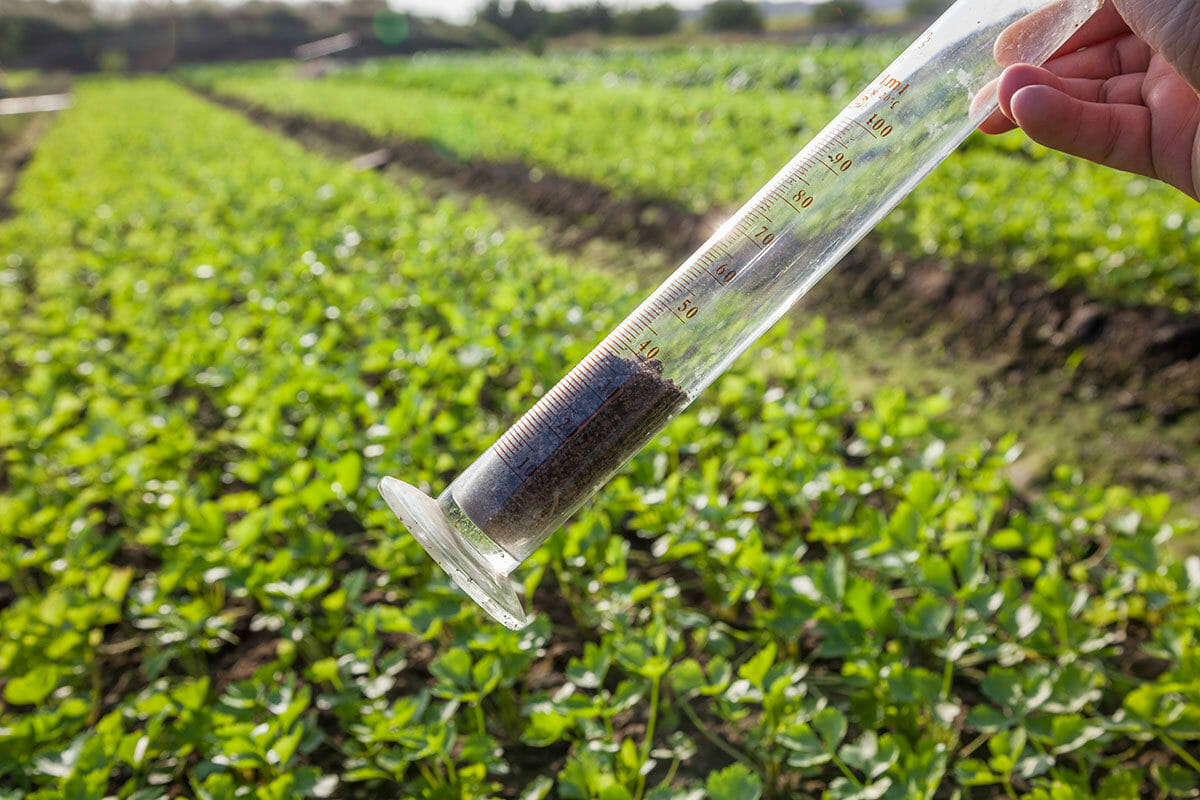
Standard Food Safety Practices Before Consuming Melons
-
Washing Fruits
Thoroughly washing melons with clean running water and a scrubbing brush can significantly reduce surface bacteria. Using a diluted vinegar solution (1 part vinegar to 3 parts water) can provide extra protection, although it doesn’t eliminate all bacteria within the flesh. Sanitizing utensils and cutting boards before and after cutting melons, separating melons from raw meat to avoid cross-contamination, refrigerating cut melons, and discarding old or damaged melons are all recommended practices.
-
Avoid Buying Off-Season Fruits
Health experts advise against buying fruits and vegetables out of season, as sellers may use chemicals to force growth and ripening. Consuming these chemicals can lead to complications. Always wash seasonal fruits and vegetables properly before cutting and check for freshness before buying.
So, remember, before you dive into that juicy watermelon, make sure it's not a fruit ninja in disguise!
With inputs from agencies
Image Source: Multiple agencies
© Copyright 2024. All Rights Reserved Powered by Vygr Media.

